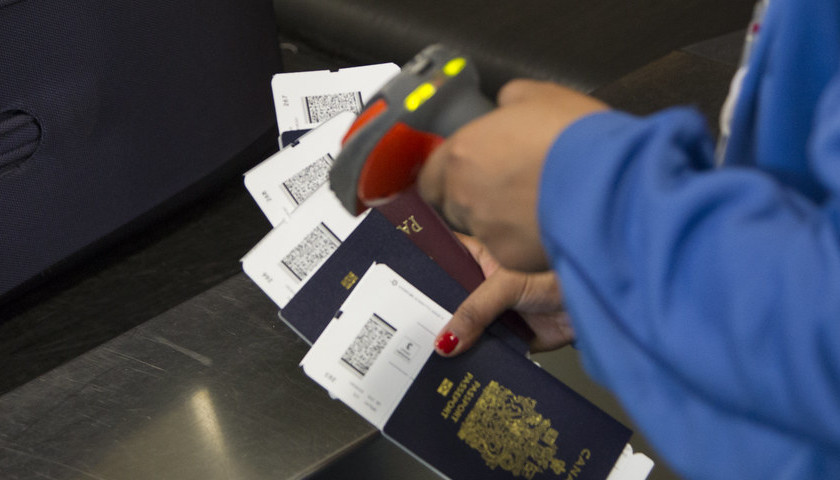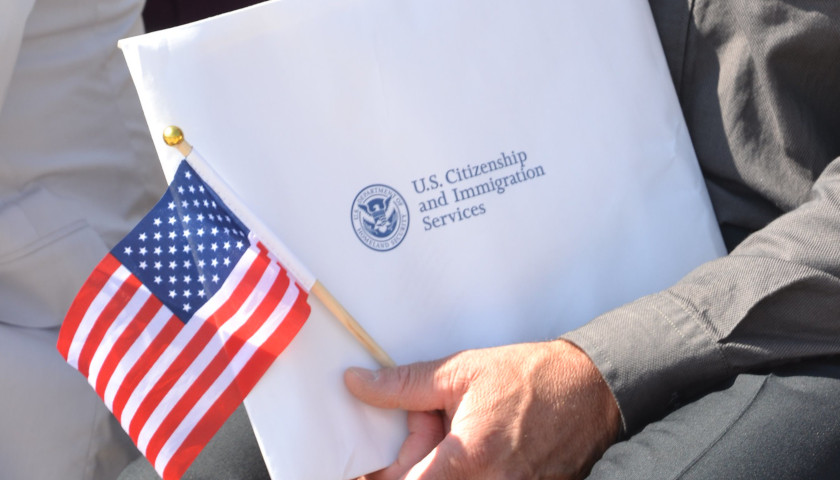The results of a poll from early 2024 is receiving renewed attention after former President Trump considers ending birthright citizenship for the children of illegal immigrants.
“We’re going to have to get it changed. We’ll maybe have to go back to the people,” Trump said in a recent interview on NBC’s “Meet the Press.” “But we have to end it.”
Read the full story











